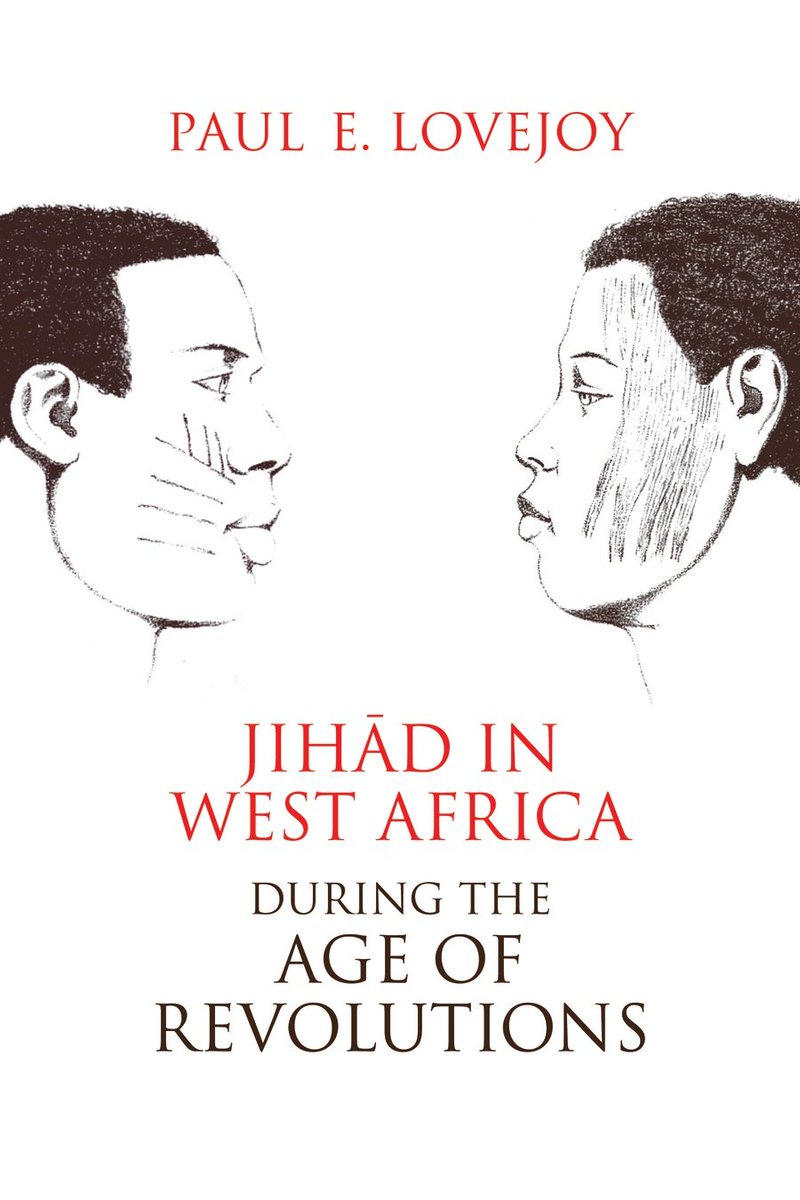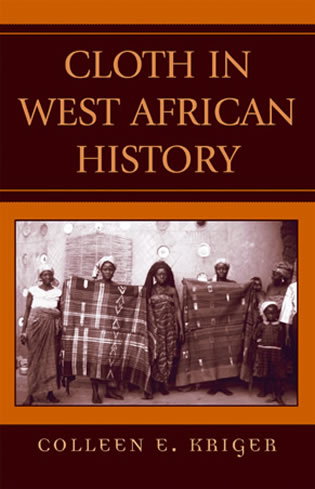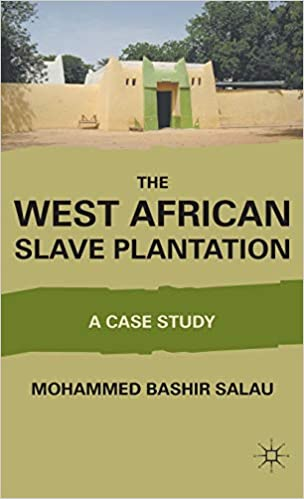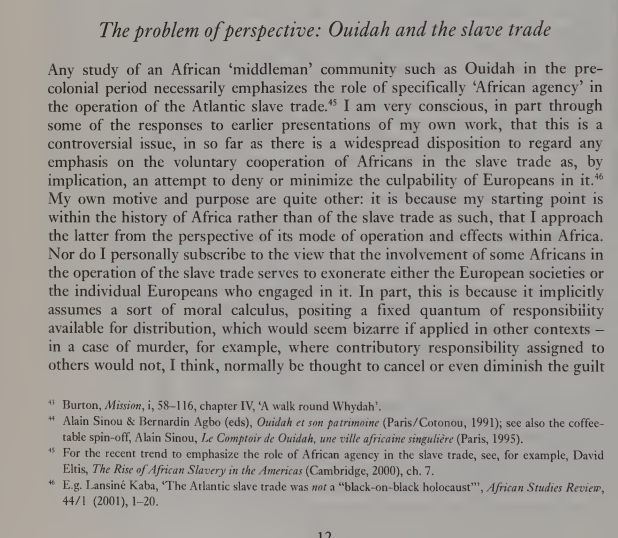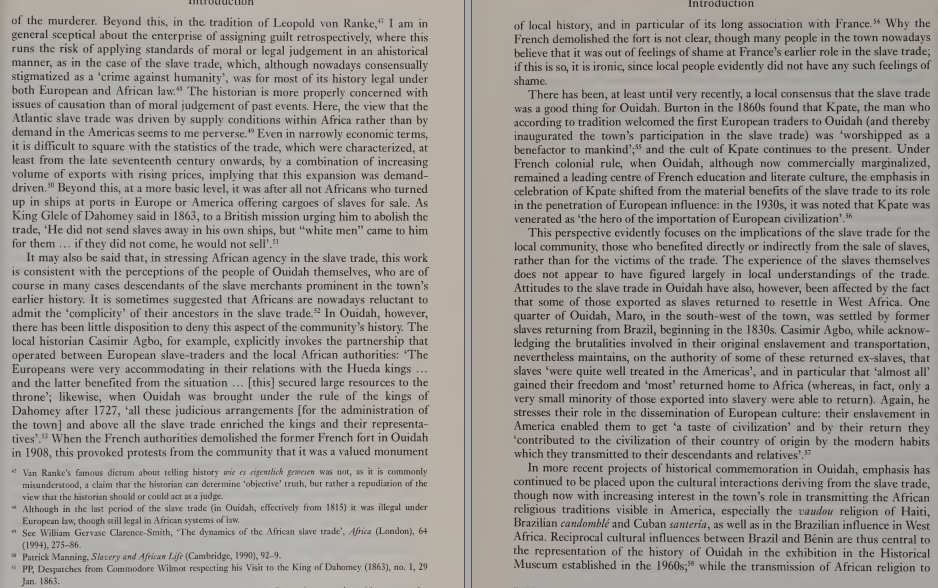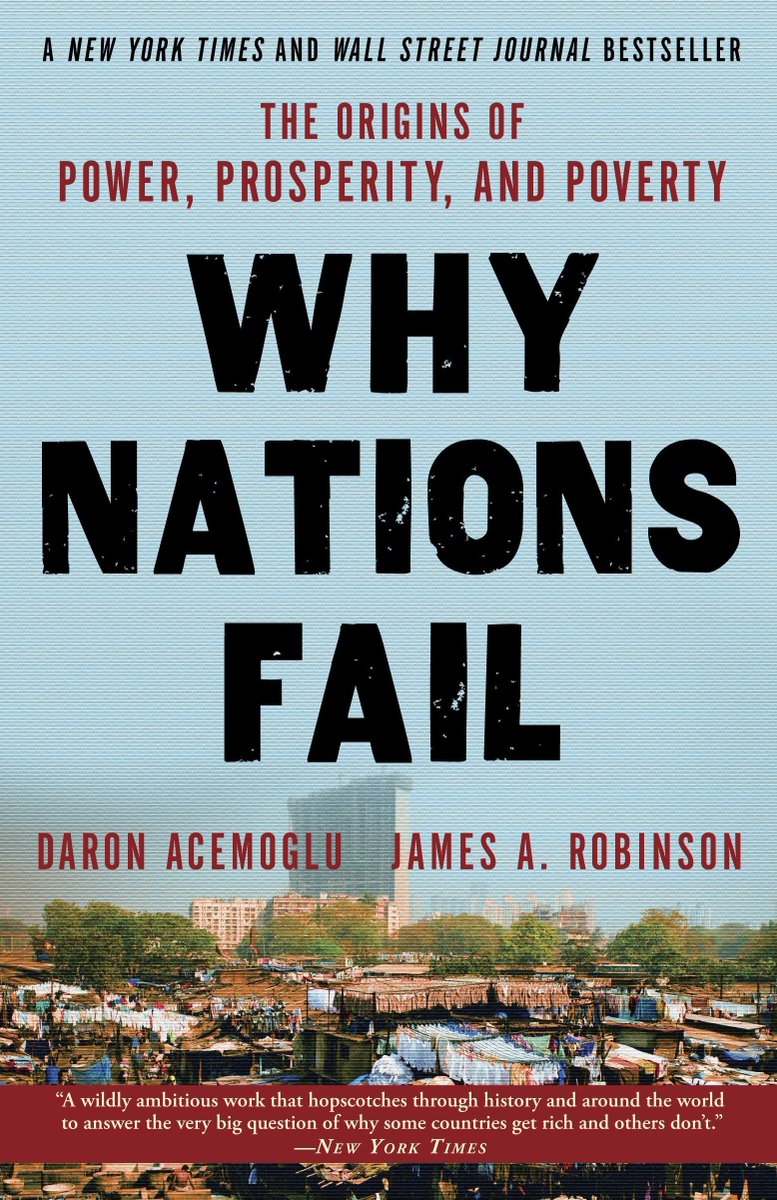
1566AD
Letter from Antonio Vieira to king Henry of Portugal reporting on copper in Kongo
written from Sao Tome
-National Archive of Torre do Tombo
#randomxt
Antonio was a powerful Mwisikongo noble and diplomat that served as the Manikongo's factor at Lisbon under 1/3



Letter from Antonio Vieira to king Henry of Portugal reporting on copper in Kongo
written from Sao Tome
-National Archive of Torre do Tombo
#randomxt
Antonio was a powerful Mwisikongo noble and diplomat that served as the Manikongo's factor at Lisbon under 1/3




both kings Afonso and Pedro later acting as Kongo's ambassador to Rome in 1595 under king Alvaro later marrying to Margarita da Silva (a Portuguese noble woman and Queen Catharina 's lady in waiting)
He was instrumental during the various successions of kings of the era,
He was instrumental during the various successions of kings of the era,
ecclesiastical issues between kongo, lisbon, sao tome and Rome and the trade between Portugal and Kongo of which copper was one of Kongo's biggest exports during the early stages of the Atlantic trade esp after Kongo restricted slave exports in the late 16th and early 17th cent.
reading
subsection; "diplomacy : kongo", in the book:
The Atlantic World and Virginia, 1550-1624
Peter C. Mancall
books.google.co.ug/books/about/Th…
A History of West Central Africa to 1850
Book by John Thornton
books.google.co.ug/books/about/A_…
subsection; "diplomacy : kongo", in the book:
The Atlantic World and Virginia, 1550-1624
Peter C. Mancall
books.google.co.ug/books/about/Th…
A History of West Central Africa to 1850
Book by John Thornton
books.google.co.ug/books/about/A_…
• • •
Missing some Tweet in this thread? You can try to
force a refresh















